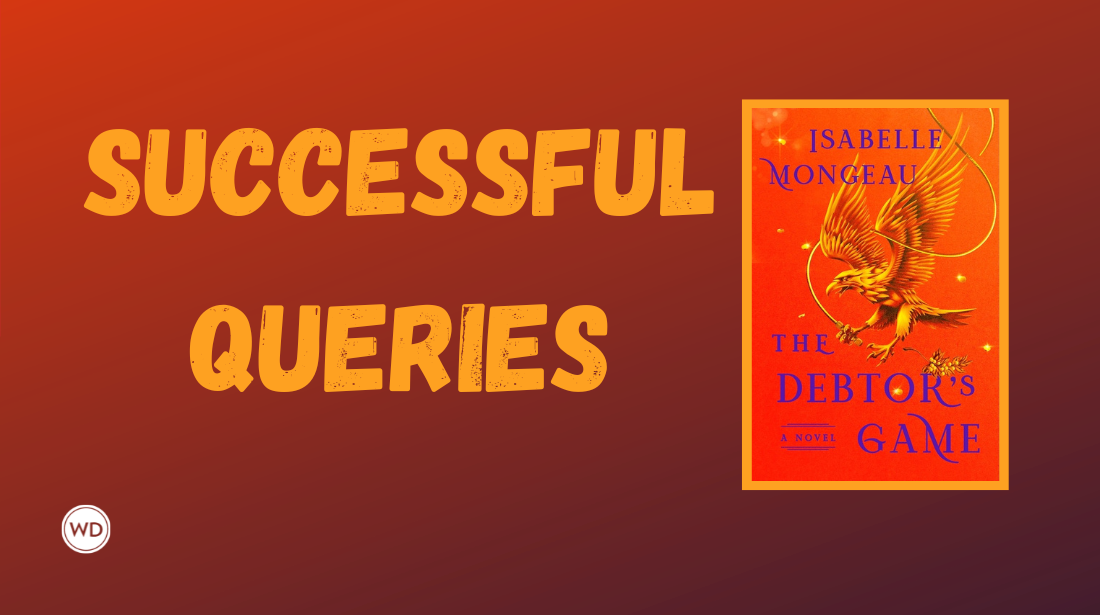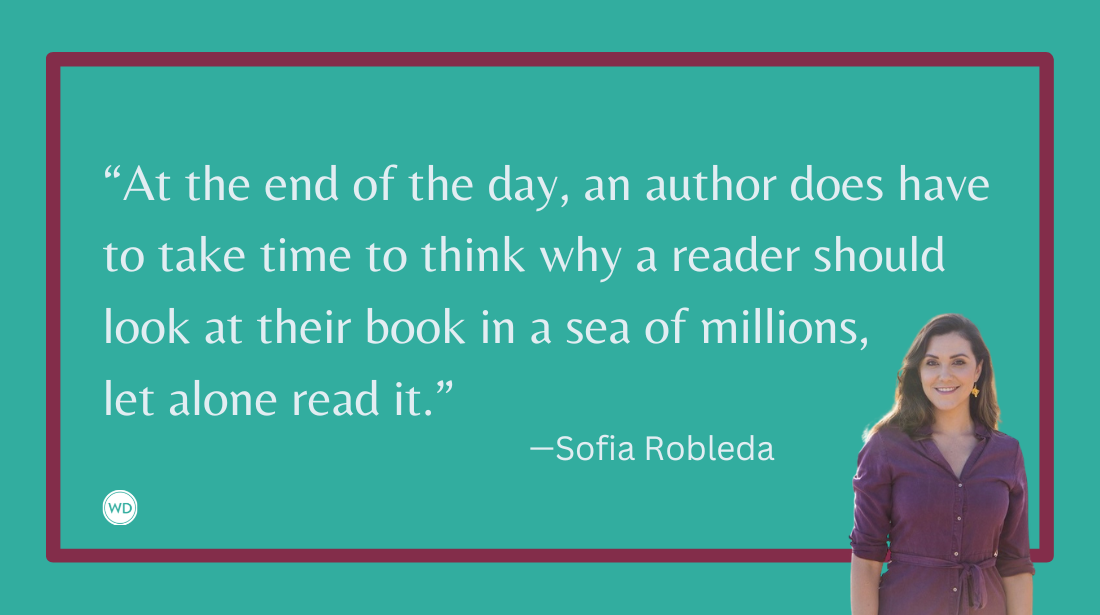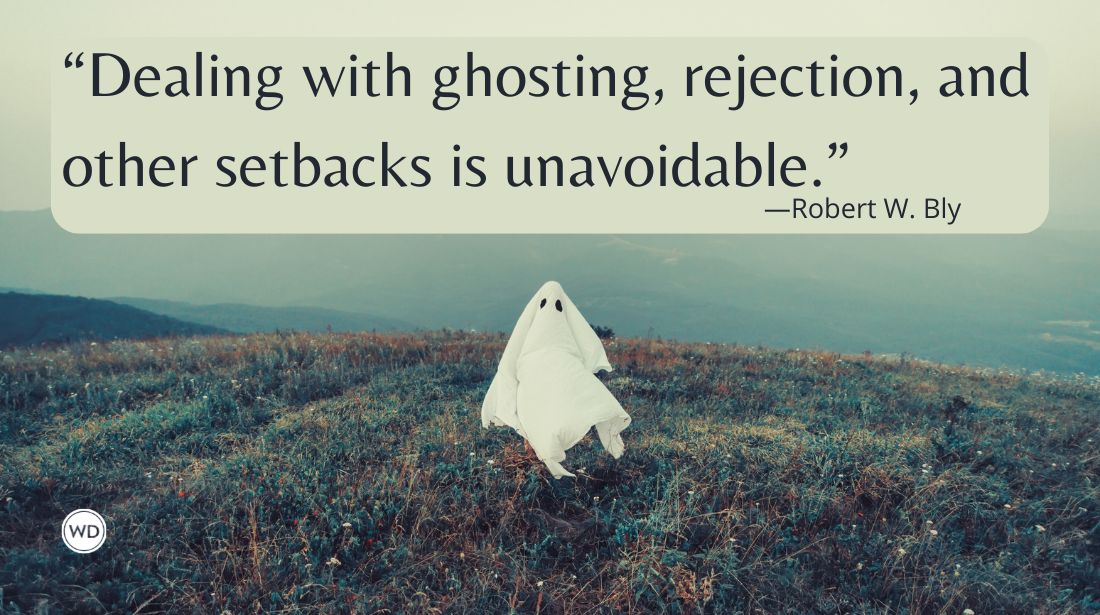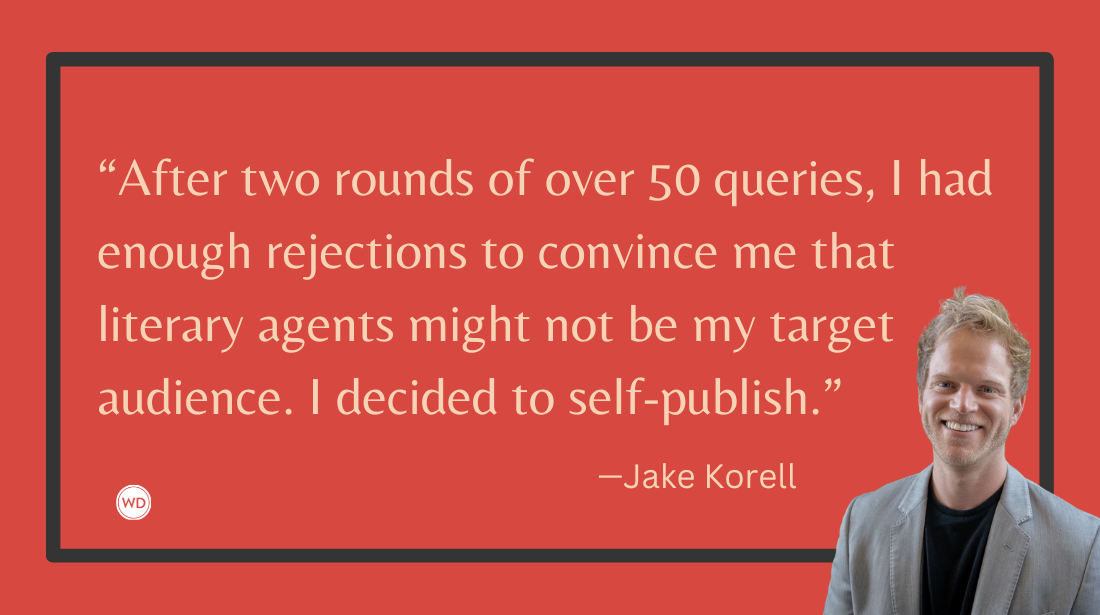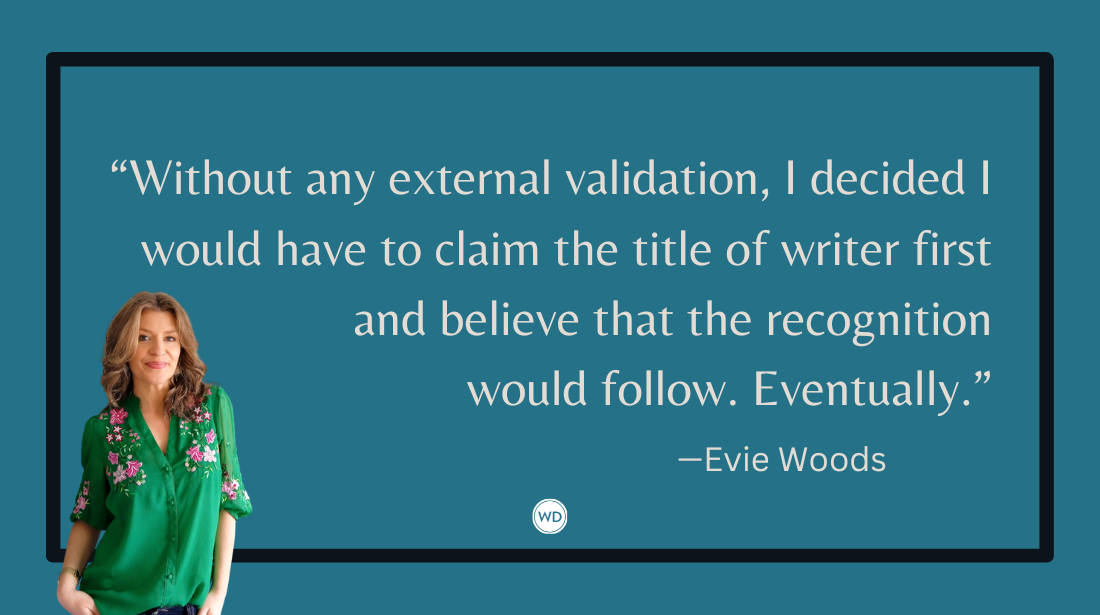3 Questions Writers Love to Ask (That Really Have No Concrete Answer)
I was recently invited to an online Q&A with UCLA’s extension course on Finding a Home for Your Essay (Online), taught by Victoria Zackheim. It’s always invigorating and interesting to…
I was recently invited to an online Q&A with UCLA's extension course on Finding a Home for Your Essay (Online), taught by Victoria Zackheim.
It's always invigorating and interesting to field questions from writers that remind you what it's like to undertake the endeavor to write and publish. Sometimes, after being in the industry a while, your mindset becomes so business focused you forget how much feeling is wrapped up in it.
I thought I would share some excerpts from our session together. (For better or worse, the most interesting questions are usually the ones that can't be concretely answered.) A big thanks to the students for their thoughtful questions (which have been condensed for brevity's sake).
Do you have any tips or tricks for faking an authoritative voice [in writing]?
When I think about "authoritative voice," it seems more applicable to instructional or informational pieces. If you're writing a personal essay or memoir, then I would say you need an authentic or distinctive voice more than an authoritative one. Figuring out a voice that is natural and authentic to you is a long process; writers refine their voice over many years. I'm not sure I have a single trick or tip that would help you nail it.
However, you can find excellent advice in a book by Vivian Gornick, The Situation and the Story, that talks about how to craft personal stories with great resonance. It's all about knowing what's unique about YOUR perspective on something, what makes your "I" perception different and interesting, apart from all others.
For any of you who have read Eat, Pray, Love: That's an example where the writing and voice is very distinct and confident, but I wouldn't characterize it as authoritative.
I've heard from agents that they think "I write well" but they "just didn't fall in love with this book." It's probably inscrutable, but can you put your finger on things that make agents/editors fall in love with work?
You might find the book The First Five Pages by agent Noah Lukeman to be helpful, because he identifies all the mistakes that writers tend to make that can turn off agents/editors (or lead to the "didn't fall in love with this").
There's also a great book by Donald Maass called Writing the Breakout Novel that identifies how novels can reach that next level of rich scope and detail that makes them truly magnificent. (And he has another book releasing this spring called Fire in Fiction that should be helpful for anyone who's missing that inscrutable quality.) Of course these books are for fiction writers, but for anyone telling a story with characters, many of the same principles apply.
But from my perspective: This "no love" response usually means one of the following things:
- Your characters weren't compelling or original enough
- Your story wasn't unique or engaging enough (in the end, it all comes down to story)
You may have the technical skill down, but you haven't yet crafted something that really sets itself apart from everything else that's out there.
Or, it could be a simple matter of not having found the right agent/editor who WILL fall in love with your work. It takes time.
Is there any advice you can give me about confidence in my writing?
This will sound terribly unhelpful, but you can decide to have confidence in your writing as soon as you're ready to have confidence. It's really just a matter of making that choice. No one can give it to you.
There's a story about a master violinist and his student. Roughly paraphrased, it goes something like this: The student asks, "Tell me, am I any good? Should I keep pursuing this?" The master replies, "If you have to ask for my permission, then you don't have what it takes." (If anyone has a link to the original story, please share!)
Same applies to writing. Of all the people who set out to write, of those who succeed, it's the ones who most doggedly pursue it, no matter what people tell them (not the ones who are the most talented).
Writing takes persistence more than confidence or talent. And in fact, a little lack of confidence is good for most writers. It pushes you to do better.
And in regards to pleasing an editor, try instead to think of your reader. Don't write for the editor, write for your intended audience. Take the focus off of you and how much you succeed with the editor. How much are you succeeding with your reader? What does your reader think? That should help alleviate many of your concerns.
What about you? Do you have tips or tricks that have helped you gain confidence and authority in your writing?
Jane Friedman is a full-time entrepreneur (since 2014) and has 20 years of experience in the publishing industry. She is the co-founder of The Hot Sheet, the essential publishing industry newsletter for authors, and is the former publisher of Writer’s Digest. In addition to being a columnist with Publishers Weekly and a professor with The Great Courses, Jane maintains an award-winning blog for writers at JaneFriedman.com. Jane’s newest book is The Business of Being a Writer (University of Chicago Press, 2018).




